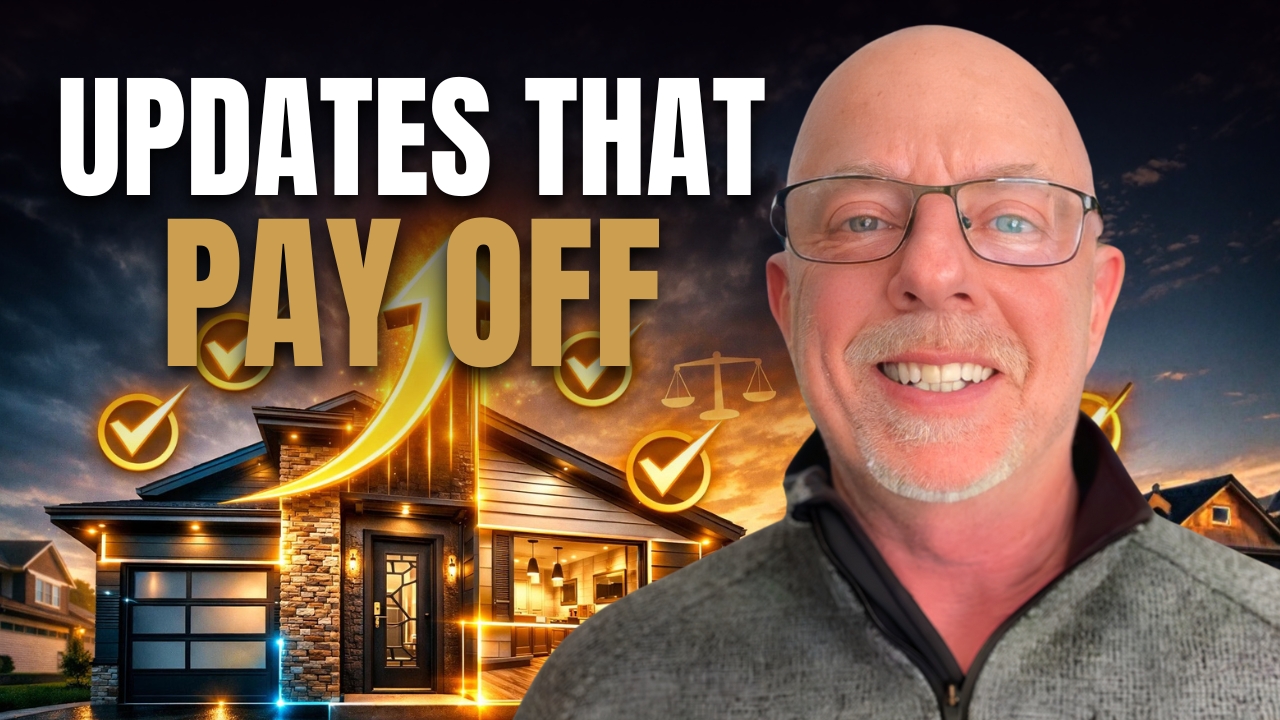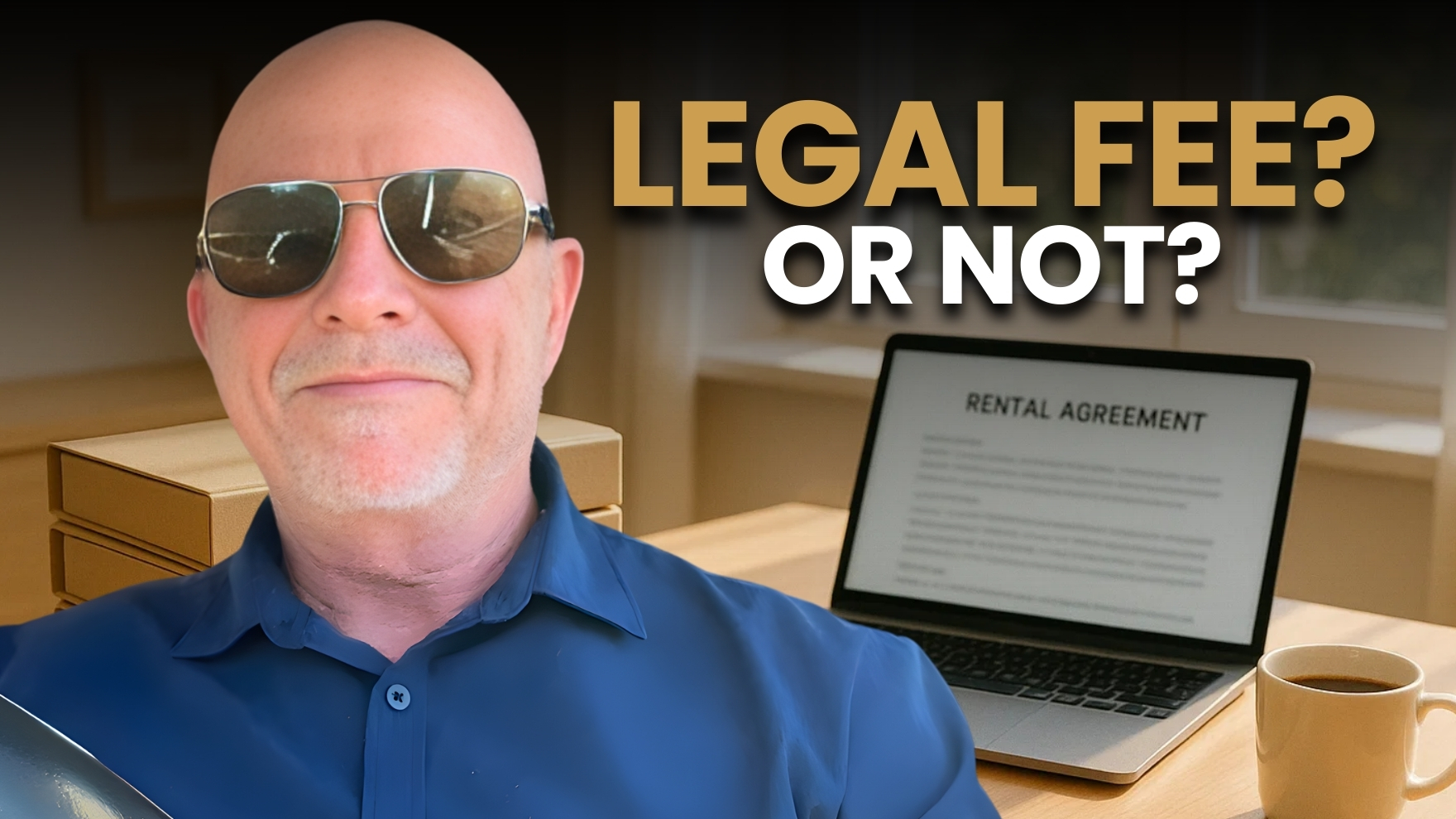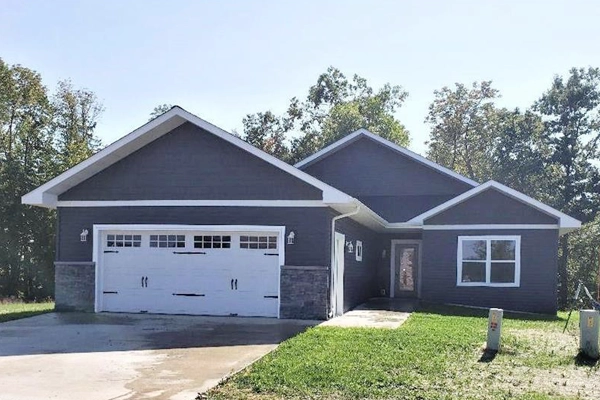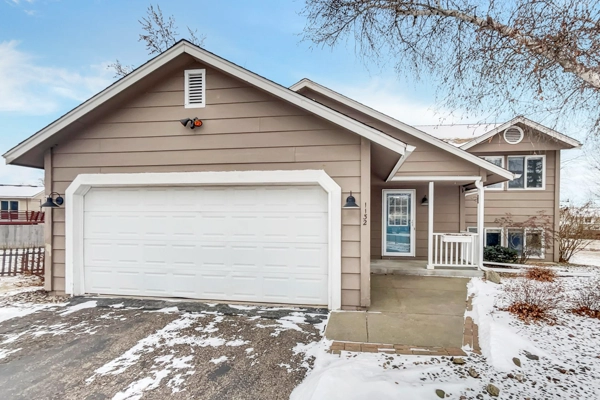Let’s Explore Your Selling Options. I’ll help you sell your home at the price and terms you want. Free Selling Strategy Call
If you want to stay out of court when selling your home, I will share tips that may save you from potential lawsuits and thousands worth of legal fees. If you’re trying to sell your home, one thing you want to do is be honest in your home disclosures, especially when filling out the seller disclosure statement.
What is the seller disclosure statement? It’s a document where you answer the buyer’s questions about your home. As the seller, you fill it out, and the buyer signs it, believing everything you wrote is the truth about the house.
These are important details about the property or any past incidents. For example, you might be asked if your home has had any storm damage? You should answer truthfully based on the situation. Questions like these are included in the ten pages of disclosures that sellers are required to complete, which helps potential buyers understand the property’s condition and history.
What should you disclose to homebuyers? You want to fill it out truthfully. Remember, as a seller, you can only disclose what you know. There’s no guessing on the disclosures.
If you’re not truthful and claim, “I’ve never had water in the basement,” but then the new buyers move in during the spring and discover three inches of water, they will likely sue you for not being honest.
Having lived in the house for ten or fifteen years, you probably know about recurring issues like this. It’s important to be honest and be upfront about it, even if it means disclosing home issues that might discourage potential buyers.
What happens after the inspection? Once you finish filling out the disclosure forms, these are uploaded to the MLS under supplements. When you receive an offer the buyers will sign these disclosures, the buyers usually hire an inspector to assess the condition of the home. At this time, the inspector should review the disclosures also during the inspection. If the inspector finds everything to be in good shape or finds things that may need to be repaired this may become a negotiating point for the purchase.
Even if they threaten to sue you, you can defend yourself in court by saying, “We provided all the necessary information. It was your inspector who overlooked that problem. Why didn’t they check the disclosures?” This shows that you were transparent and that any issues were missed by the inspector, not by you.
When selling your home, please start with the truth; it’s that simple. Again, you can only disclose what you know but in the long run, being honest is going to save you a lot of money and stress. So, if you have questions about this process or need advice, don’t hesitate to reach out to me at (612) 961-9448 or Mark@MarkCallenderHomes.com. Being honest keeps you out of court and keeps money in your pocket.
-
Let’s Explore Your Selling Options. I’ll help you sell your home at the price and terms you want. Free Selling Strategy Call
-
What’s Your Twin Cities Home Worth? . Get a monthly wealth snapshot of your home, understand when to refinance, see the wealth power of extra principal payment, get smart about wealth from short-term rentals, and more with Homebot. Free Home Value Estimation
-
Looking for a Twin Cities Home?. Search the entire MLS for your Twin Cities home. Search the MLS
-
Real Estate News. Top 10 Real Estate Agents in Minnesota for 2024. Read More
-
Free Real Estate Newsletter. Get our latest Q&A, insights, and market updates to make smarter decisions. Subscribe Now







